Today we’d like to introduce you to R. Réal Vargas Alanis.
Hi R. Réal, we’re thrilled to have a chance to learn your story today. So, before we get into specifics, maybe you can briefly walk us through how you got to where you are today?
Of course! I’m R. Réal Vargas Alanis, Co-Founder and Core Leader of Artistic Vision for IN THE MARGIN (ITM), a nonprofit arts, entertainment, and service organization.
ITM was born out of necessity in 2015. My undergraduate theatre cohort and I—W. Fran Astorga, Edgar A. Alamo, Amy R. Kuehl, Brittany “Elle” Analise Rodriguez, Gray Smith, Nandi Mathews, Ileana S. Ramirez, and myself—came together to form a collective. We were frustrated with the inequities and harmful practices within the academic theatre system that often marginalized students like us—QT, BIPOC artists. From the start, we focused on new work development, skill-sharing, and creating opportunities that weren’t readily accessible to us.
By 2017, we had set our sights on formalizing as a nonprofit, but we realized we needed more tools to succeed. Many of us pursued advanced education and professional experience to better serve ITM’s vision, all while continuing to produce smaller-scale projects together.
In 2019, Fran, Edgar, and I reignited plans to expand the ensemble and pursue state and federal incorporation. By 2020, ITM had officially gained 501(c)(3) status. Our founding board included Brittany “Elle” Analise Rodriguez (President), Amy R. Kuehl (Vice President); ensemble members included Ileana S. Ramirez and Nandi R. Mathews; with leadership consisting of Fran (Managing Director & Director of MultiCultural, Equity, Diversity, Inclusion, and Accessibility), Edgar (Director of Technical Innovation), Amber K. Ball (Executive Director), and myself (Artistic Director).
As the Artistic Director, my role is multifaceted—I oversee everything from executive producing to operational management and programming. But the most exciting and fulfilling part of my job is shaping and leading the artistic vision. That vision, however, is not mine alone; it’s shared and supported by an incredible team of passionate, talented individuals who make it all possible.
Our current Core Leadership consists of Sonia Yvette Alvarez (Director of Production); JZ Marrero (Director of Administration, Finance, and Human Fairness); Edgar A. Alamo (Director of Technical Innovation); Rose Van Dyne (Director of Programming); and me (Director of Artistic Vision).
What began as a student theatre collective grew into a theatre company that evolved into an arts, entertainment, and service organization. Our flexibility is one of our greatest strengths; we actively adapt to meet the creative and professional needs of our members. ITM quickly became a launching pad, creating pathways for underrepresented artists to advance their careers, realize their visions, and make meaningful change in the arts industry. In its current incarnation, ITM continues to uplift the ensemble’s work via the pursuit of new work development and artistic exploration.
Can you talk to us a bit about the challenges and lessons you’ve learned along the way. Looking back would you say it’s been easy or smooth in retrospect?
Not at all. Transitioning from a collective of passionate students to a structured nonprofit organization brought immense challenges—operational costs, team-building, administrative logistics, and navigating the nonprofit sector. And like all other non-profits, funding is a significant barrier, but we’ve learned to stretch even the smallest budgets to create meaningful impact.
Our resilience is bolstered by a network of allies who continue to see the value in the organization. ITM’s ethos is simple: We uplift one another and evolve to meet challenges. That ethos attracts like-minded individuals who contribute in uplifting each other, making pivots, transitions and processes smooth.
Great, so let’s talk business. Can you tell our readers more about what you do and what you think sets you apart from others?
IN THE MARGIN began as a defiant response to inequity in academia and has since evolved into a dynamic, service-driven arts organization.
Our foundation is rooted in activism. In 2015, we launched our first ITM project, the “Legacy Letter,” a document that outlined the inequities we faced and proposed actionable solutions for change. While this advocacy was met with harsh resistance, it solidified our mission: to carve out space for underrepresented voices and lead with compassion, equity, and authenticity. With time, we found our letter did make a positive impact in the long run.
What sets ITM apart is our adaptability and commitment to evolving with our members. We don’t just create art—we cultivate futures. By offering fiscal sponsorships, producer training, and resource-sharing opportunities, we empower our ensemble to bring their visions to life across various disciplines, including theatre, film, dance, and visual arts. Our work focuses on developing new projects through commissioning playwrights, hosting residencies, workshopping ideas, and uplifting culture bearers, with a strong emphasis on QT, BIPOC, and intersectional artists.
We’ve developed a range of impactful programs, including administration launchpad initiatives and commissioning opportunities that have helped commission and develop over 20 new works. Our partnerships have led to remarkable co-productions with esteemed organizations such as CalShakes and Theatre of Yugen. We’ve also created international residencies, like ITMéxico, and produced innovative festivals such as the New American Theatre Festival in collaboration with B Street Theatre, supported by the National New Play Network.
I’m most proud of how ITM has transformed into a hub for collaboration and community, where art serves as both a platform and a catalyst for social change. I like to lean into artistic liberation and provide a platform for our members to create and explore.
In terms of your work and the industry, what are some of the changes you are expecting to see over the next five to ten years?
The future of the arts feels uncertain, particularly for theatre, which is grappling with relevance and sustainability. Adaptability will be key. ITM has already expanded from a theatre company to an arts, entertainment, and service organization, and we’ll continue to pivot to meet the moment.
As funding models shift and conversations about equity evolve (or regress;, I see a growing need for interdisciplinary approaches that bridge art forms to engage audiences and communities, while somehow addressing social issues head-on. I anticipate more co-productions and more organizations such as ours forming with the goal of empowering artists of different sectors to create independently and collaborate across industries while sharing costs.
What I know for certain is that ITM will continue to thrive as long as we remain flexible while rooted in our mission: to center intersectional voices, foster collaboration, and challenge the status quo.
Contact Info:
- Website: www.inthemargin.org / www.realvalanis.com
- Instagram: https://www.instagram.com/inthemargin_itm | https://www.instagram.com/realvalanis

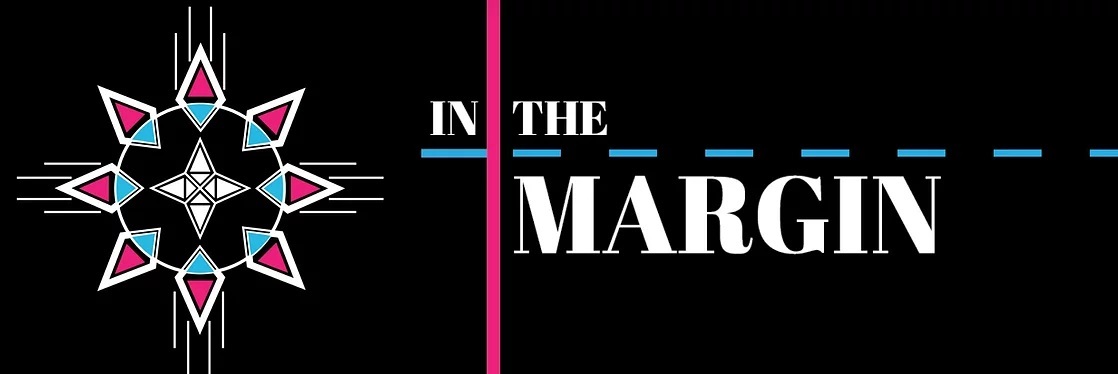
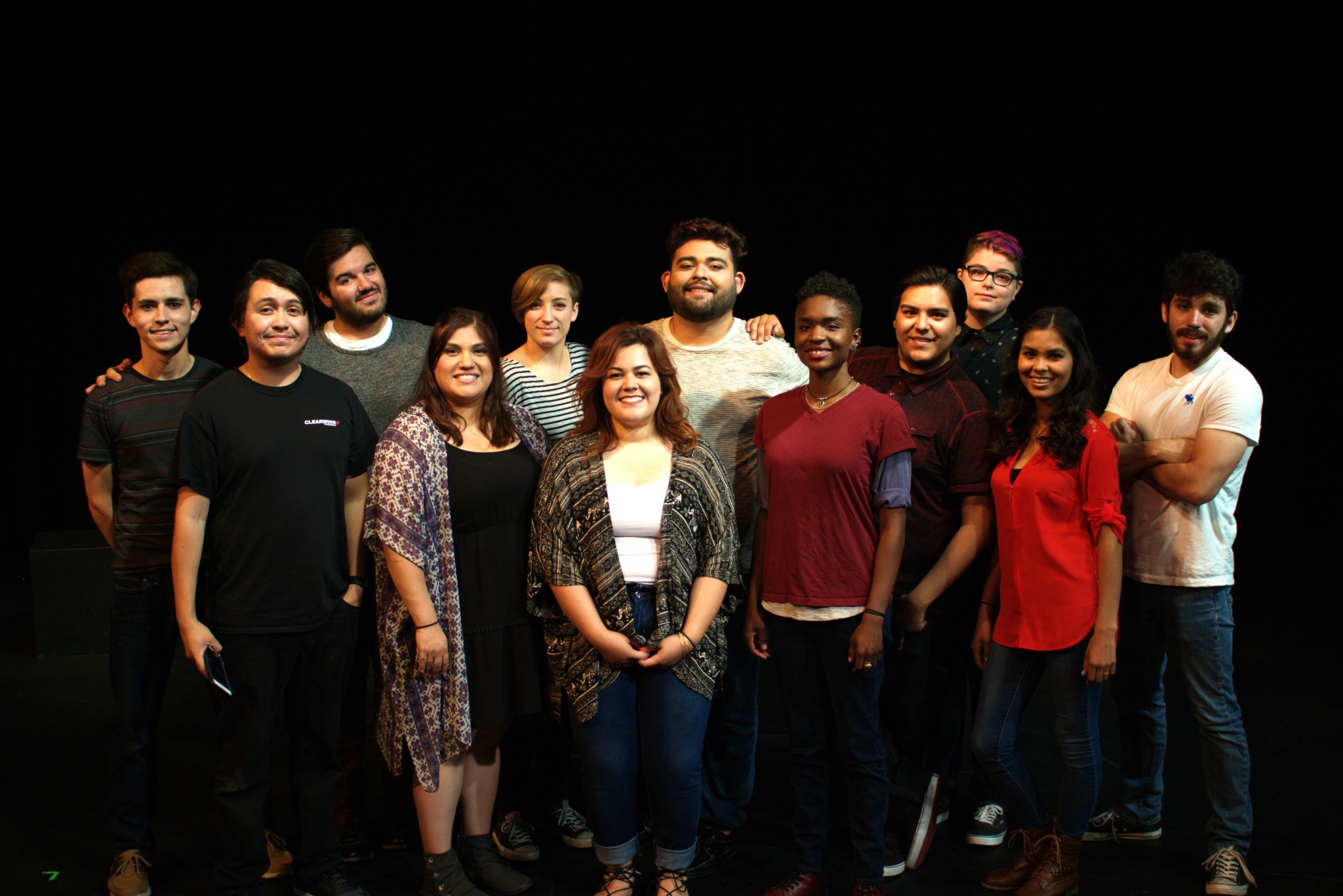

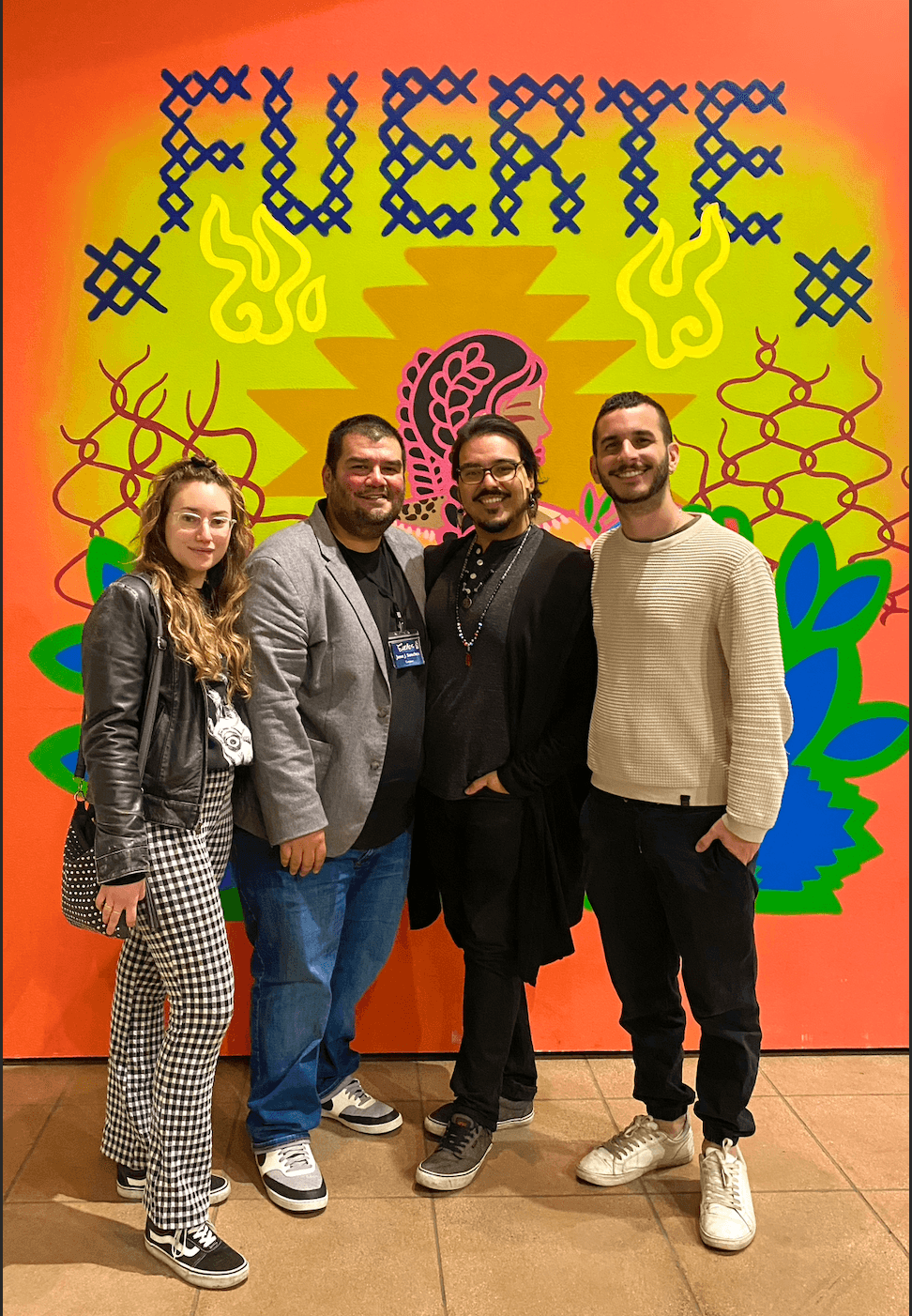
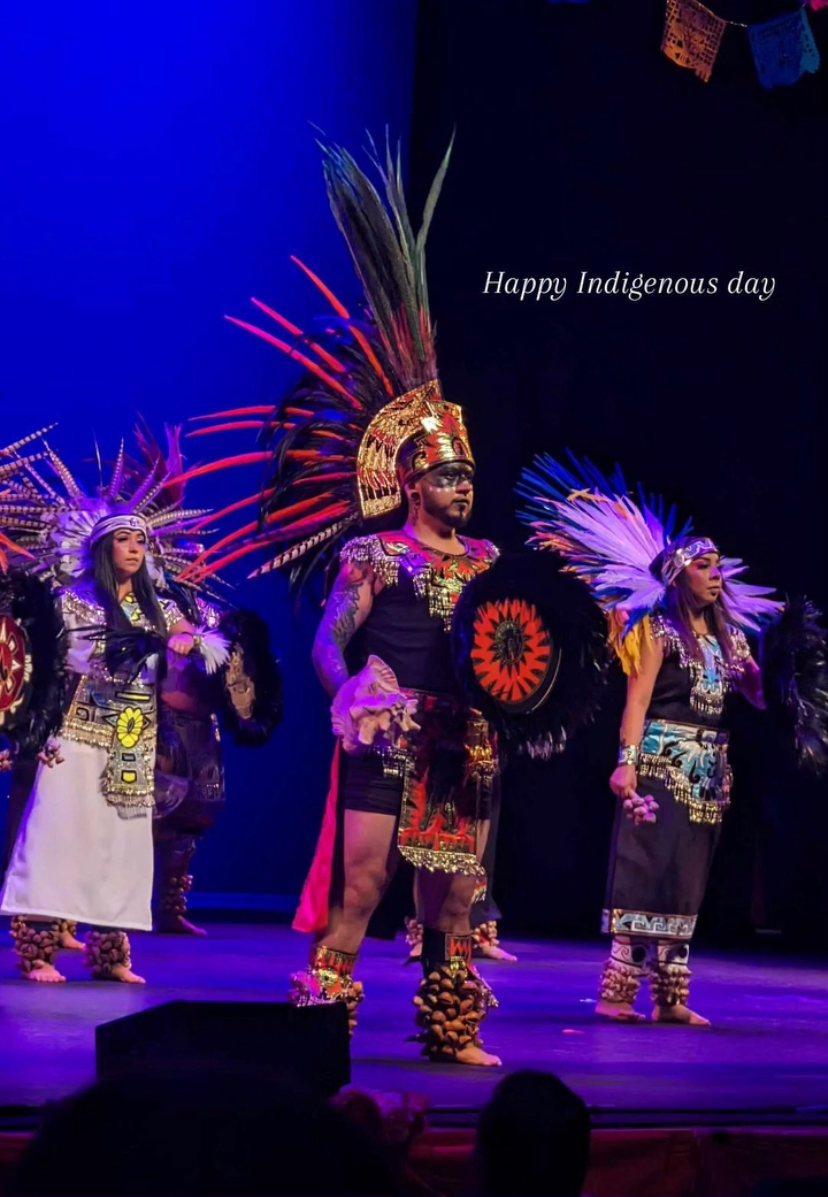
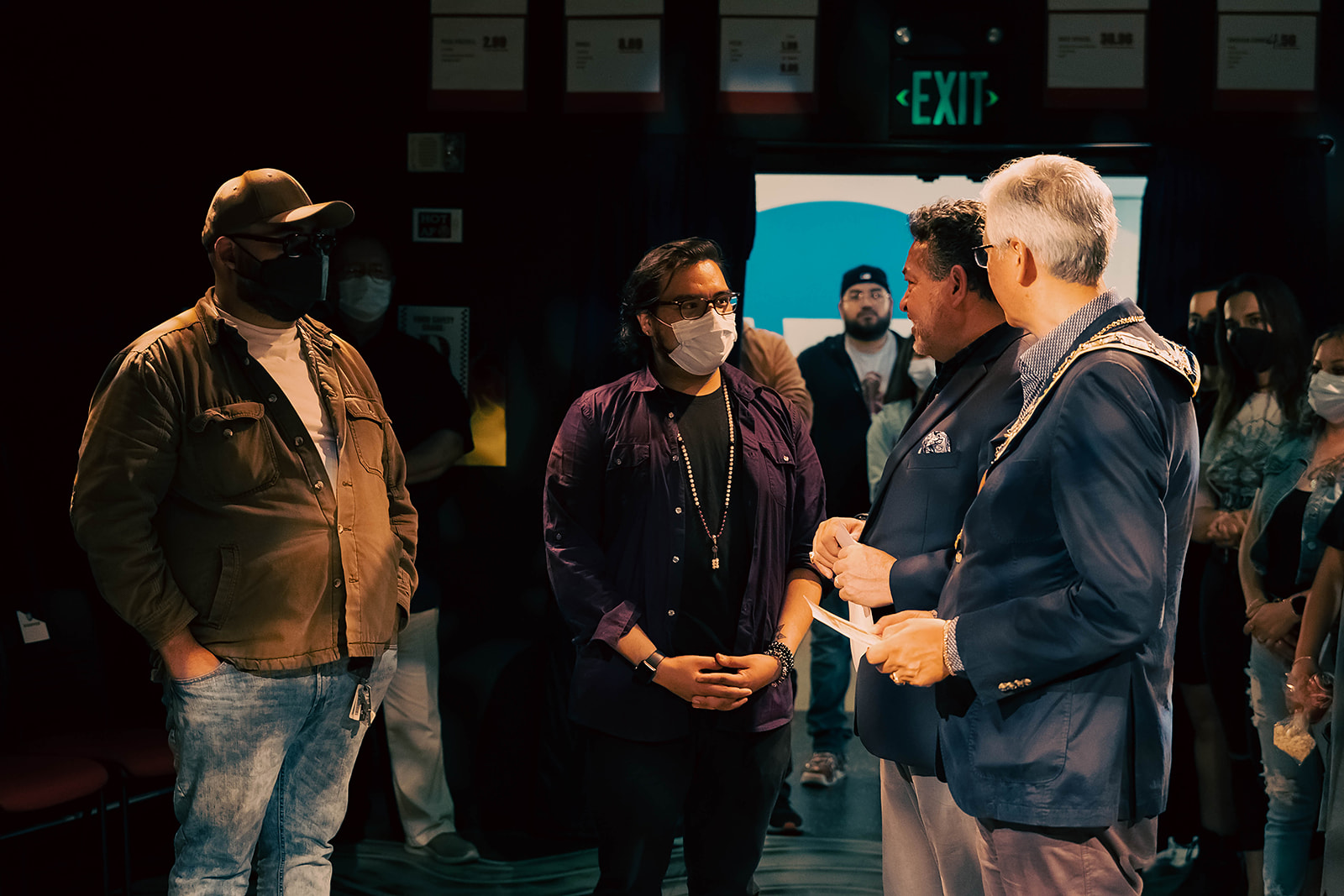
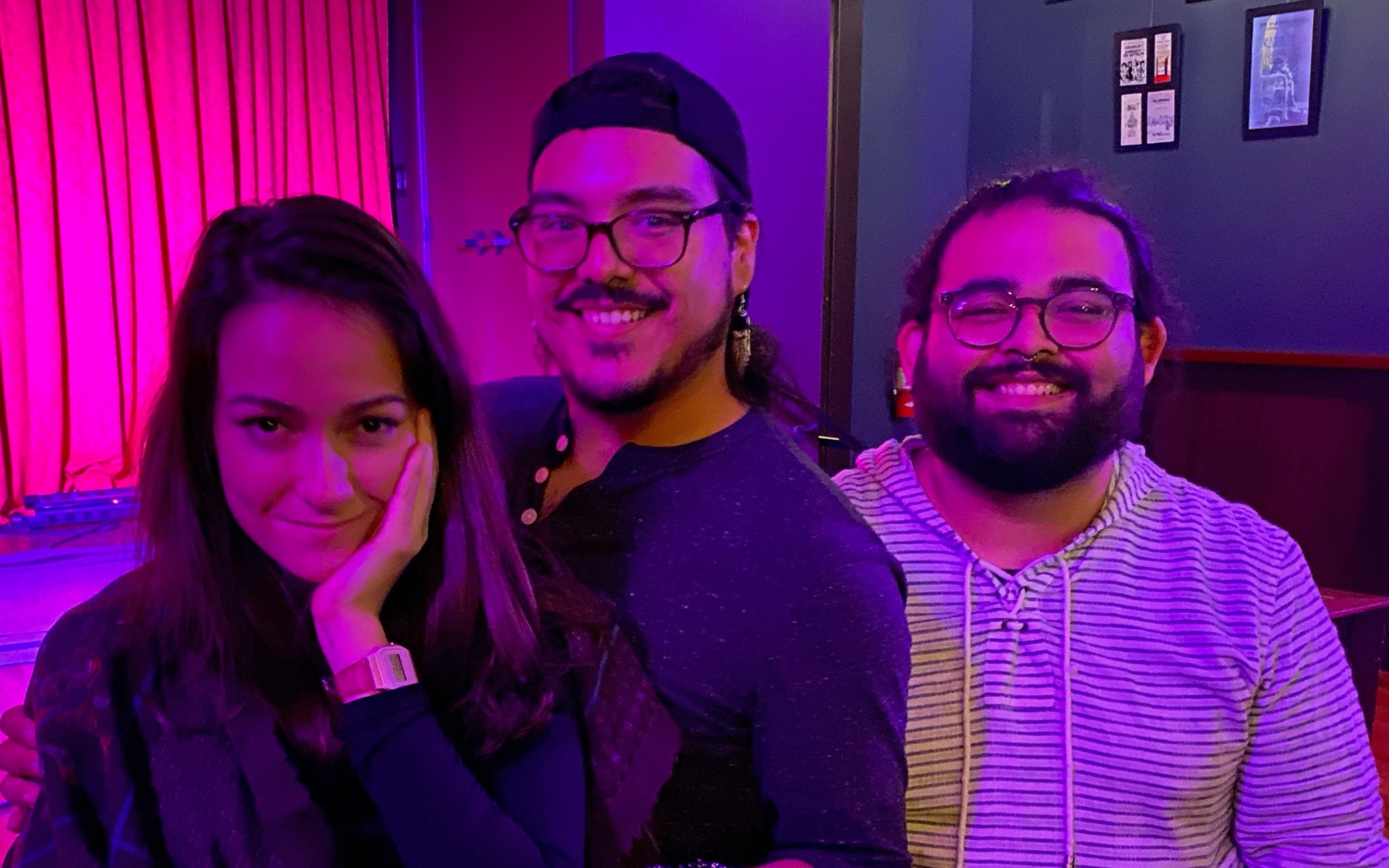
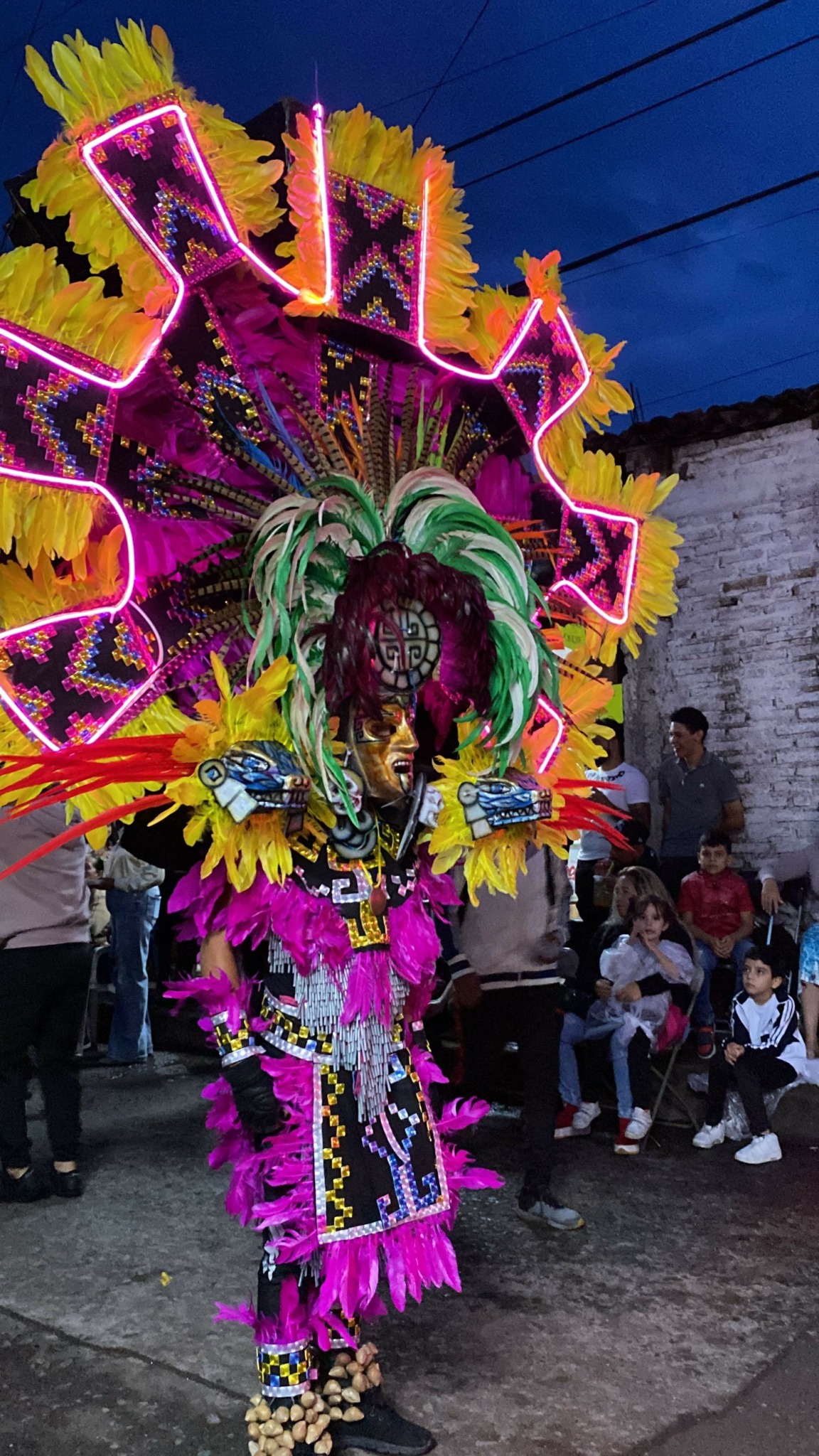
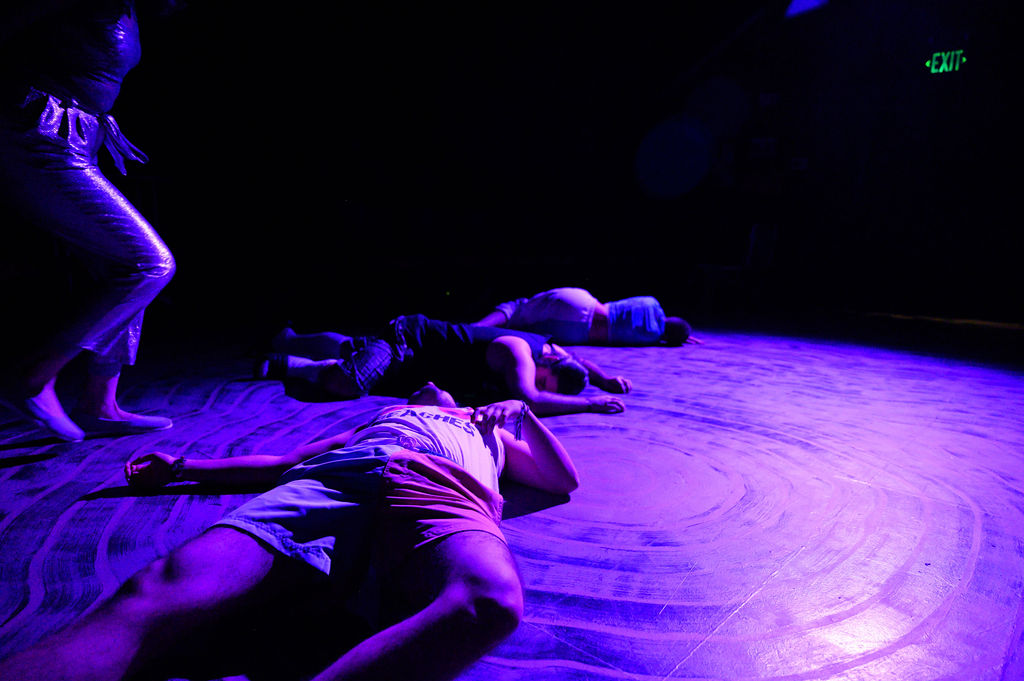
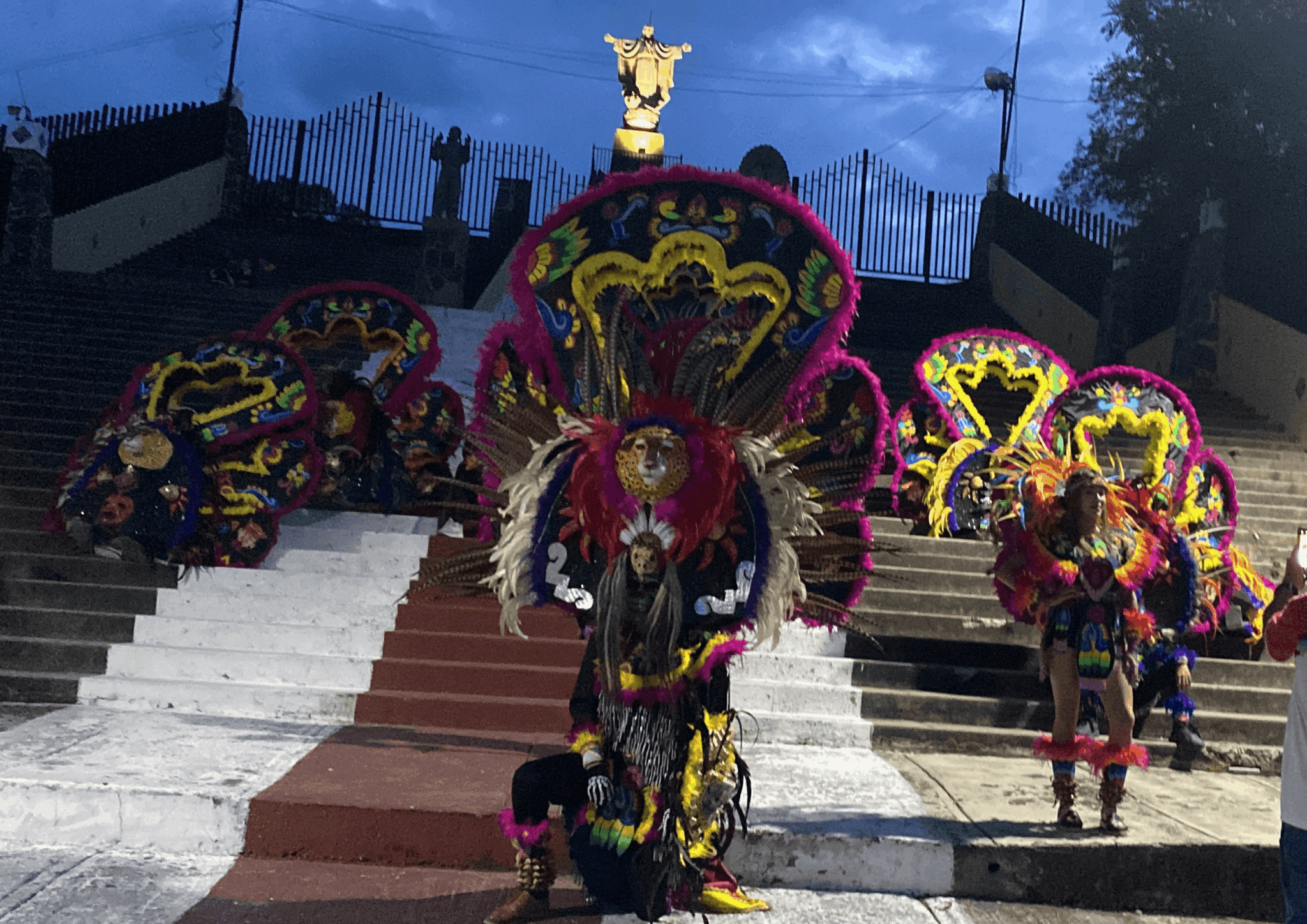
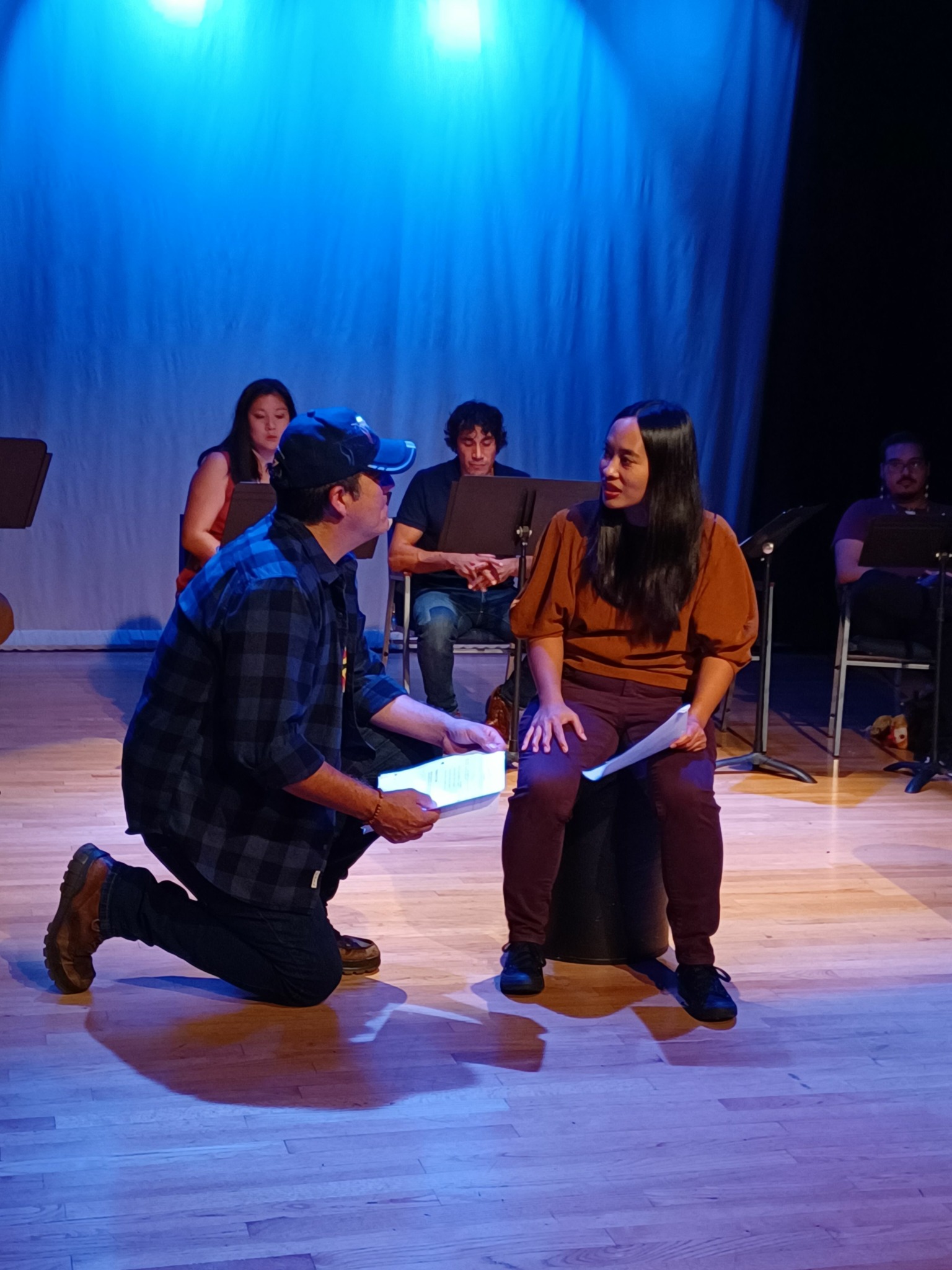
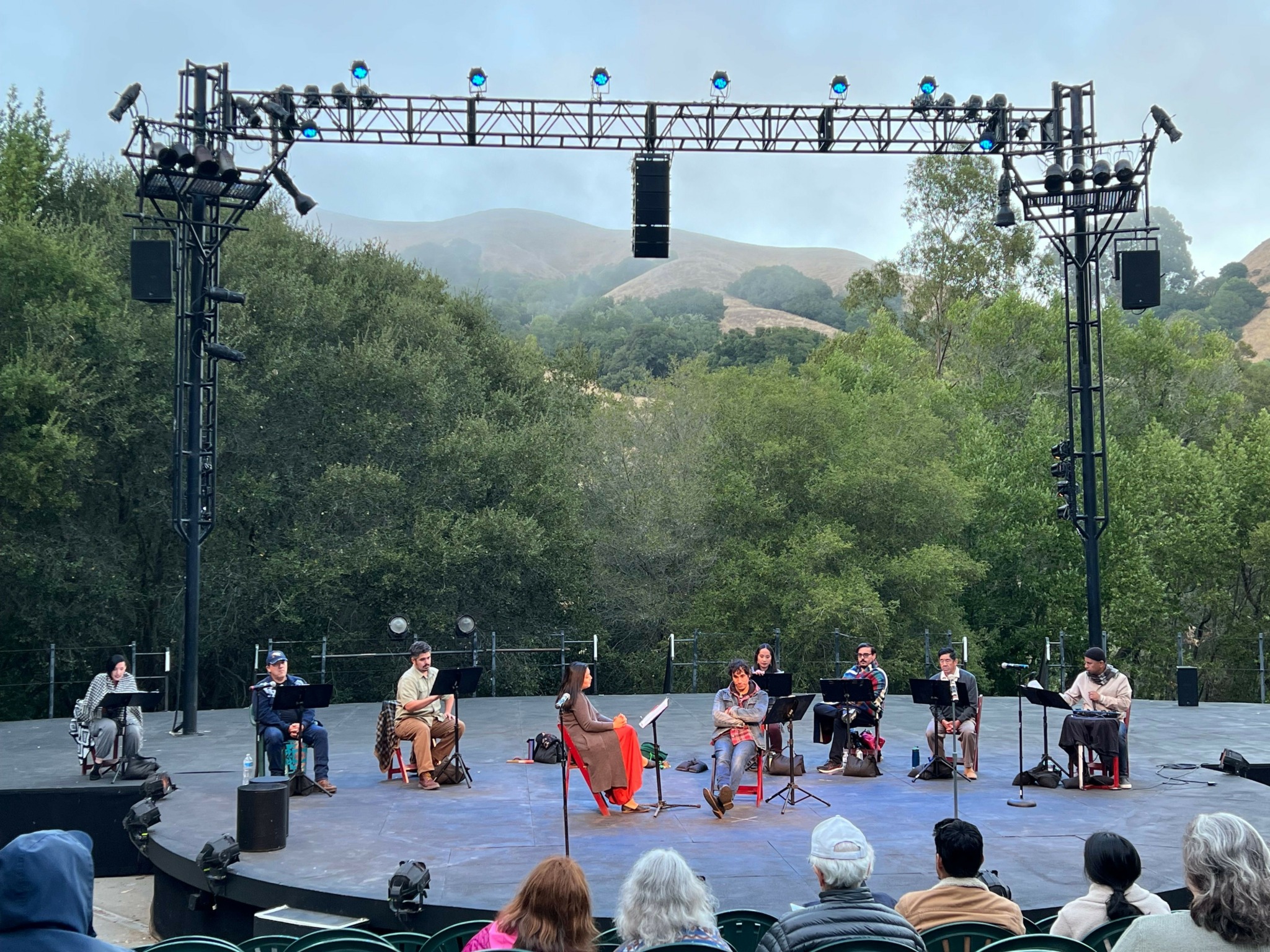

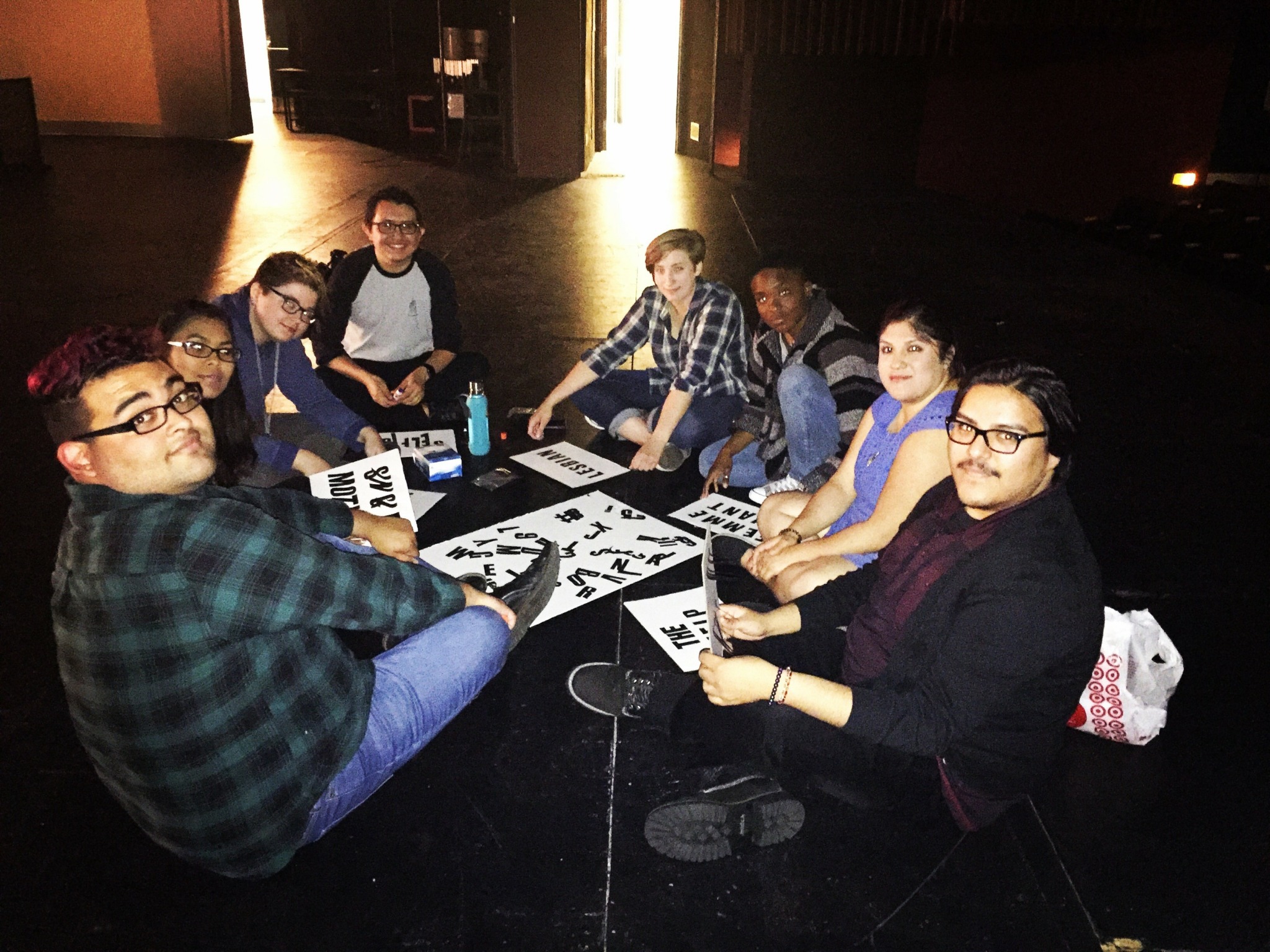
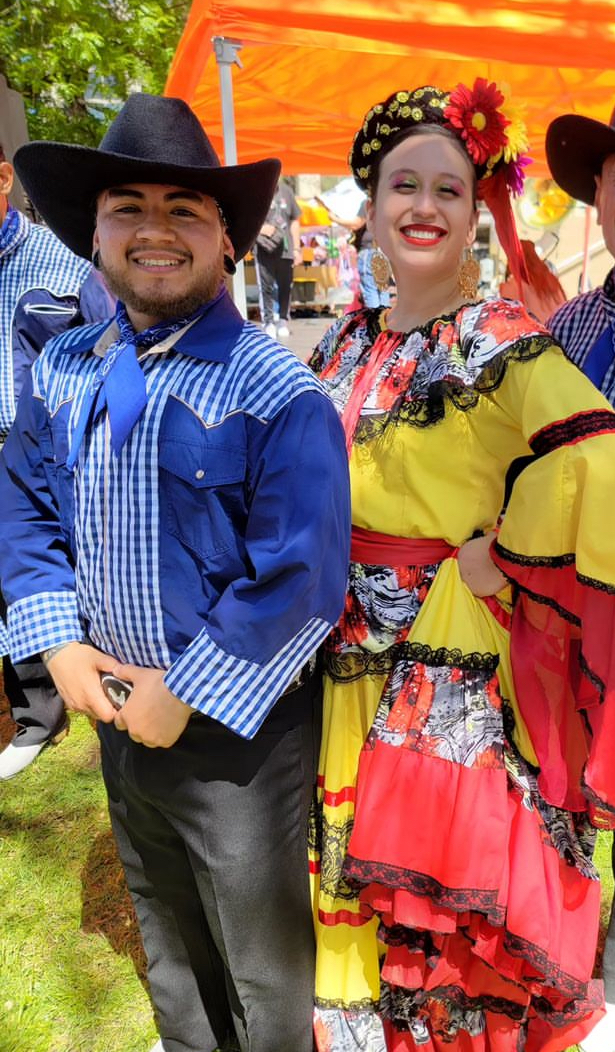

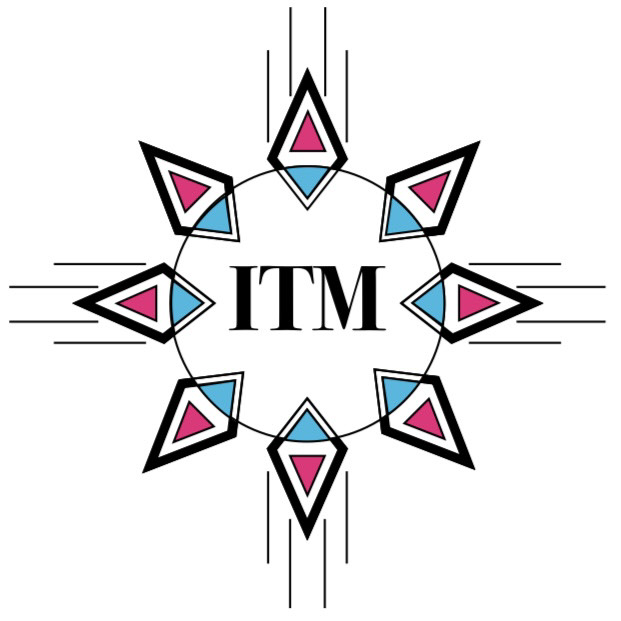
Image Credits
ITM
Edgar A. Alamo
Ben Kratz
Mathias, Mateo Gutierrez
Cal Shakes
Theatre of Yugen
W. Fran Astorga
Roberto Hernandez
Daniel Quasar


